Valentine’s Day Anxiety: Don’t Let Love Get You Down
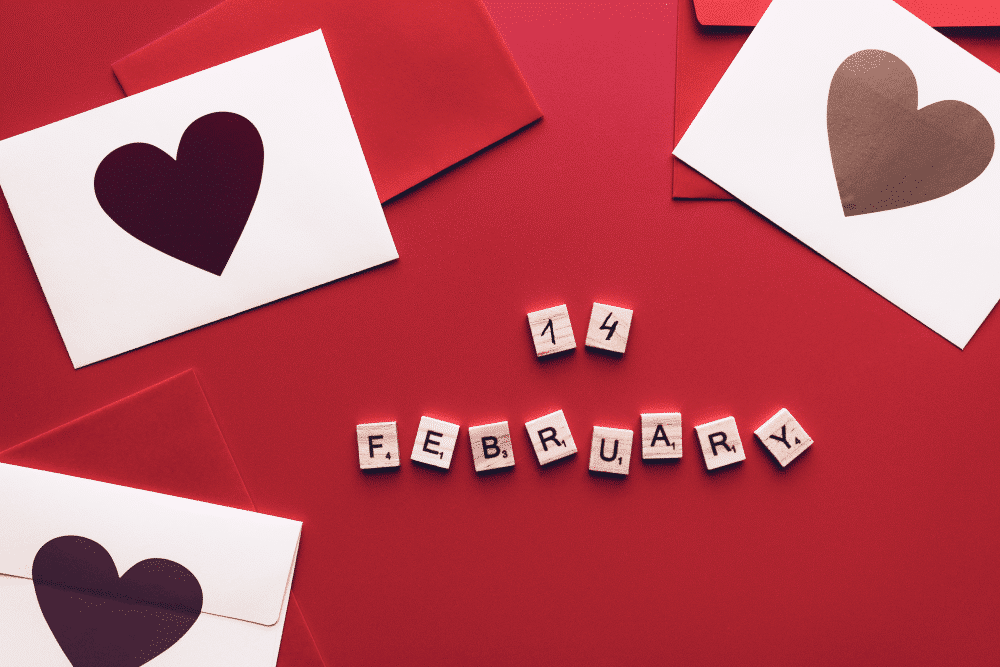
Published on February 11, 2022 Updated on March 10, 2022
Valentine’s Day anxiety: many of us struggle with it – regardless of whether we’re in a relationship or not. This year, don’t let expectations, comparisons, and self-doubt get you down. Follow these simple tips to prevent getting stressed out, worried, or lonely.
Valentine’s Day – that one day of the year dedicated entirely to romantic love. As much as it’s a time for intimacy for some, for others, it may be overwhelming, or even awkward.
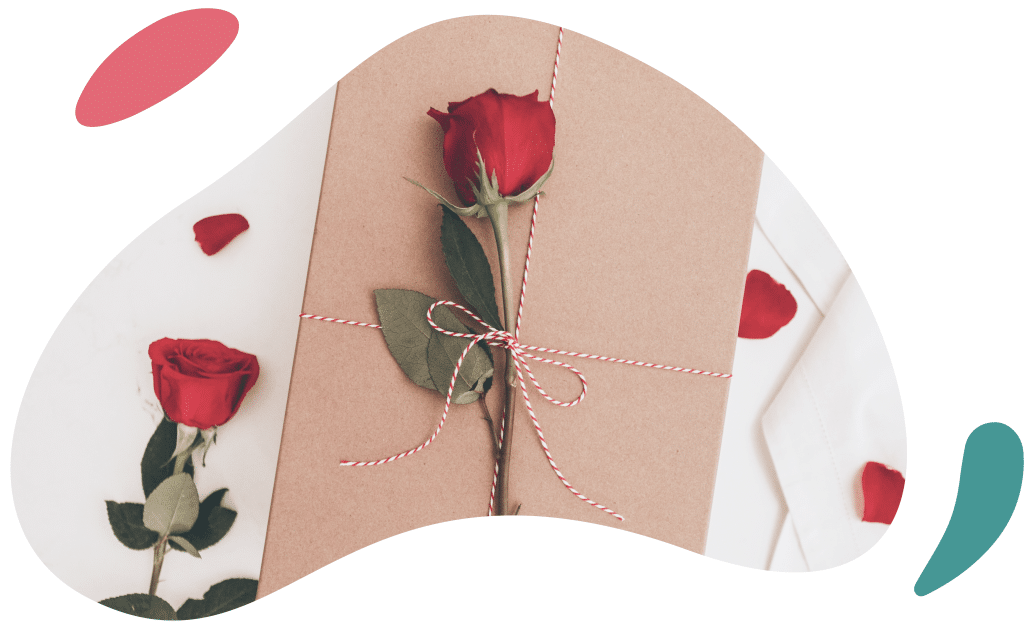
Societal and personal expectations can mean that we place high demands on ourselves and our partners; and sometimes, we may feel like it’s impossible to live up to them. And that’s if we’re in a relationship. For the singletons out there, Valentine’s Day can be that dagger-in-the-heart-shaped-box reminder that we haven’t met our match yet.
And to heap insult onto injury, an insecure attachment style can heighten Valentine’s Day anxiety. You may be feeling low about not having a special-someone to celebrate with; or – if you are in a relationship – may be worrying about how serious you should take this holiday. Does your partner expect a gift? Or is the relationship too immature just yet? Or what if you buy the wrong present, and ruin a fledgling romance?
This Valentine’s Day, we’re going to try to relieve some of your burden by providing a “survival guide” on how to get through the potentially most divisive holiday of the year – whether you’re in a relationship or not.
Valentine’s Day Anxiety Tips for People in Relationships
Being in a relationship on Valentine’s Day can be great: it’s your opportunity to demonstrate your commitment, rekindle the spark, or repair the damage from a lingering argument. But it can also be highly stressful considering the expectations that accompany the day, from giving the “perfect” gift to making the day special for your loved one.
Here are a couple of suggestions to ease Valentine’s Day anxiety for those of us in relationships:

Don’t stress too much over gifts
Gift-giving is an essential part of Valentine’s Day – or is it?
For weeks, we are bombarded with advertisements about gifts, most of which are saccharinely heart-shaped or over-priced. And with the huge variety of choices available, many people experience Valentine’s Day anxiety over what to buy – in fact, too many options can lead to mental paralysis and anxiety [1]. There’s a risk of being excessive with the amount you spend or giving the impression that you don’t care if you don’t spend enough.
Our advice is simple. Don’t stress. Chat with your partner about your shared expectations and budget for gifts. Also, you could make the day personal for them. For example, if your budget is tight, cook them a meal instead of going out for dinner; or make them a card instead of buying one. If your partner cares about you, they will appreciate your effort. At the end of the day, we’re our own harshest critics [2], so your partner probably won’t put your efforts under the same scrutiny as you do. The most important gift that we can give is time.
Don’t let comparisons get you down
Unfortunately, Valentine’s Day anxiety is often caused by competition between friends and couples – intentional or not. With social media, advertisements, and window displays constantly reminding us that our gifts reflect our commitment, it’s easy to feel inferior in comparison to the idea of the “perfect” relationship.
But by allowing ourselves to become distracted by what others may think about us, we deplete our mental resources regarding what our partners might appreciate on the day.
Furthermore, if you have an insecure attachment, Valentine’s Day may feed your insecurities about not living up to expectations. Focus your attention on the meaningful rituals between yourself and your partner – if you enjoy a certain musician, then buy your partner a record. If you share a favorite movie, then spend the evening watching it. Don’t let the comparison effect ruin what could otherwise be a special occasion for you both.
At the same time, don’t put excessive expectations on your partner: try not to read too much into everything they do, and appreciate that they may show their affection uniquely and individually.
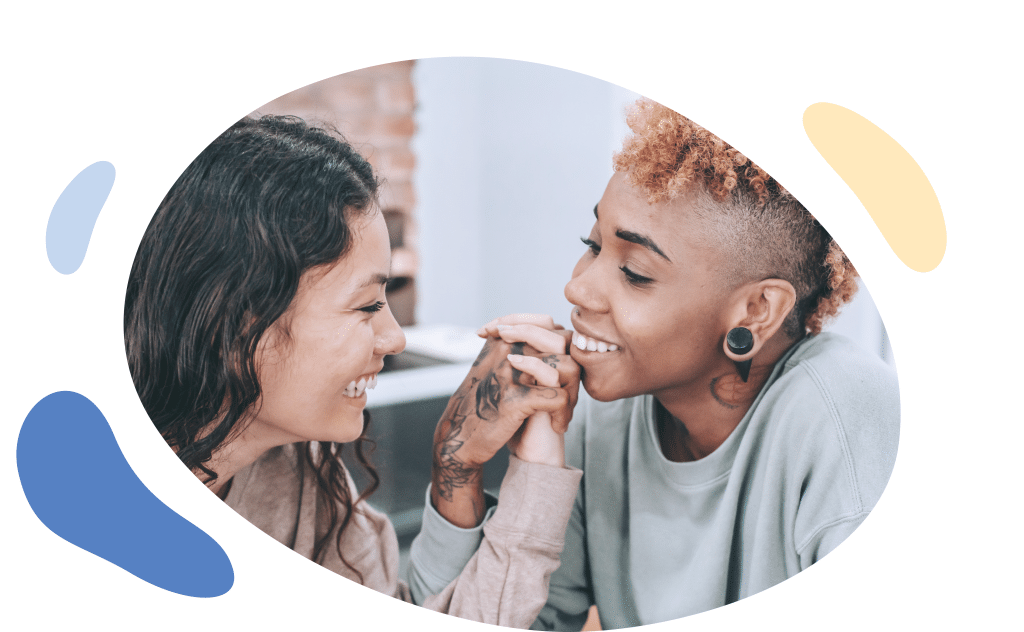
Valentine’s Day Anxiety Tips for Singles
Let’s face it – being single on Valentine’s Day can be a bit of a struggle.
No matter how hard you try, it’s impossible to avoid feeling like you’re being bombarded by images of happy couples, targeted advertisements, and sentimental music playing in every shop or restaurant. But there are ways in which you could make the most of the day in your own way:
Go out with your friends
If Valentine’s Day anxiety is a bit of a sore subject for you for a personal reason (e.g., a recent break-up), spending the day alone may not be the best course of action. Maybe arrange to see friends, take a day trip to somewhere interesting or unique, go for dinner and drinks, or engage in some retail therapy. Many places offer discounts on Valentine’s Day – and being in a romantic relationship surely isn’t a prerequisite for taking advantage of them.
Spending time with friends is incredibly beneficial for our happiness and mental health, and it also provides many physical and mental benefits. Our social support networks bolster us when we’re feeling low by boosting our self-confidence [4]. They also provide us with a much-needed sense of belonging [5]. In fact, our friends just make us happy in general [6].
So take advantage of that on February 14, and celebrate the non-romantic relationships that make your life special.
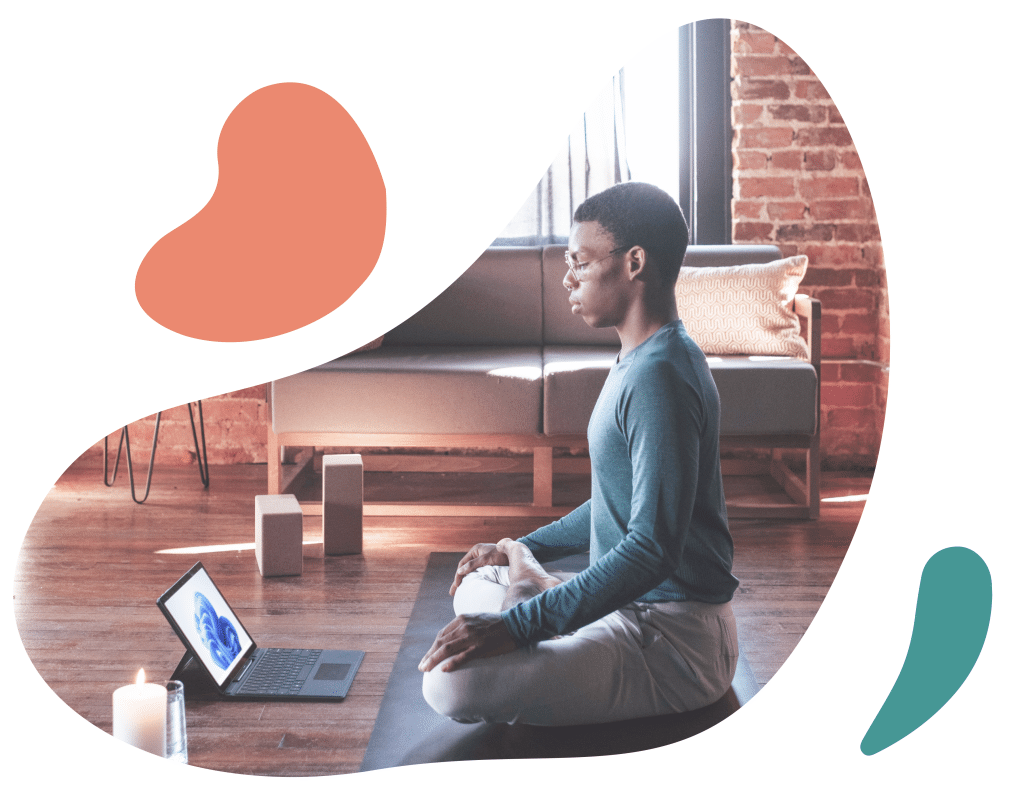
Take a day to yourself
While everything and everyone tries to convince you that you need someone special on Valentine’s Day, go against the grain and dedicate the holiday to yourself.
Make this Valentine’s Day a day for self-care: take a bubble bath, read a book, pop a bottle of prosecco – do whatever makes you happy. And if you want to treat yourself to a nice dinner in a restaurant – do it. The past stigma about dining in public alone is history. So forget about Valentine’s Day anxiety and enjoy the fact that your own company is way more interesting and liberating than the forced conversations that many other diners will be experiencing that night.
Furthermore, there is no wrong way to practice self-care. Maybe learn something new, volunteer in your community, or reach out to someone you haven’t heard from in a while. Well-practiced self-care can bring enormous benefits to your life and mental health, especially after the challenging times we are all living through [7]. This Valentine’s Day, dedicate your time to yourself and your well-being.
Avoid social media

Social media can be damaging to our mental health at the best of times [8]. It can also generate the fear of missing out – or FOMO – on Valentine’s Day when we’re most susceptible to lovey-dovey pictures and messages from couples on our media feeds. Essentially, if you’re single on Valentine’s Day, it can be a bad time to be active online. It’s too easy to feel like we’re missing out on something important, which can cause us to feel inadequate and lonely.
To prevent Valentine’s Day anxiety, just log off and avoid social media. Instead of mulling over the public facades that most people post, try to spend meaningful time with friends and family. If you can’t tune out entirely, then just skip past the romantic posts and screen Valentine’s Day-related hashtags.
You could even decide to make this Valentine’s Day the beginning of a new relationship with social media; the start of a digital detox that could lead to spending less of your time online and more among your friends and family.
Take-Home Message: Beating Valentine’s Day Anxiety
Although Valentine’s Day can be a wonderful time of the year, it can just as easily be a time of stress, inner turmoil, and anxiety. This year, try to let go of your pre-set expectations and enjoy the day for what it should be – a day to celebrate and spend meaningful time with the one(s) you love.
And if you’re single, dedicate February 14th to yourself. Focus on the positives about yourself, such as how hard you work, how caring you are, and what a good friend you can be. Make it a day for celebrating who you are as a person through self-care – whatever that may mean to you.
Remember – one single day won’t define the rest of your year. So, act from the heart, and do your best to enjoy Valentine’s Day in whatever way works best for you and your circumstances.

References
[1] Dar-Nimrod, I., Rawn, C., Lehman, D.R., & Schwartz, B. (2009). The Maximization Paradox: The costs of seeking alternatives. Personality and Individual Differences, 46, 631-635.
[2] Savitsky, K., Epley, N., & Gilovich, T. (2001). Do others judge us as harshly as we think? Overestimating the impact of our failures, shortcomings, and mishaps. Journal of personality and social psychology, 81(1), 44–56.
[3] Chopik, W. J., Wardecker, B. M., & Edelstein, R. S. (2014). Be Mine: Attachment avoidance predicts perceptions of relationship functioning on Valentine’s Day. Personality and Individual Differences, 63, 47–52.
[4] Jetten, J., Branscombe, N. R., Haslam, S. A., Haslam, C., Cruwys, T., Jones, J. M., Cui, L., Dingle, G., Liu, J., Murphy, S., Thai, A., Walter, Z., & Zhang, A. (2015). Having a Lot of a Good Thing: Multiple Important Group Memberships as a Source of Self-Esteem. PLOS ONE, 10(5), e0124609.
[5] Fisher, L. B., Overholser, J. C., Ridley, J., Braden, A., & Rosoff, C. (2015). From the Outside Looking In: Sense of Belonging, Depression, and Suicide Risk. Psychiatry, 78(1), 29–41.
[6] Lin, S., Faust, L., Robles-Granda, P., Kajdanowicz, T., & Chawla, N. V. (2019). Social network structure is predictive of health and wellness. PLOS ONE, 14(6), e0217264.
[7] Gavurova, B., Popesko, B., Ivankova, V., & Rigelsky, M. (2022). The Role of Self-Care Activities (SASS-14) in Depression (PHQ-9): Evidence From Slovakia During the COVID-19 Pandemic. Frontiers in Public Health, 9.
[8] Karim, F., Oyewande, A. A., Abdalla, L. F., Chaudhry Ehsanullah, R., & Khan, S. (2020). Social Media Use and Its Connection to Mental Health: A Systematic Review. Cureus, 12(6), e8627.








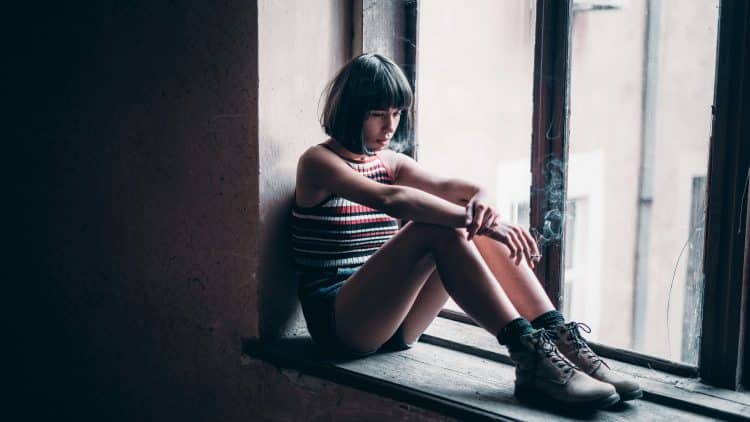
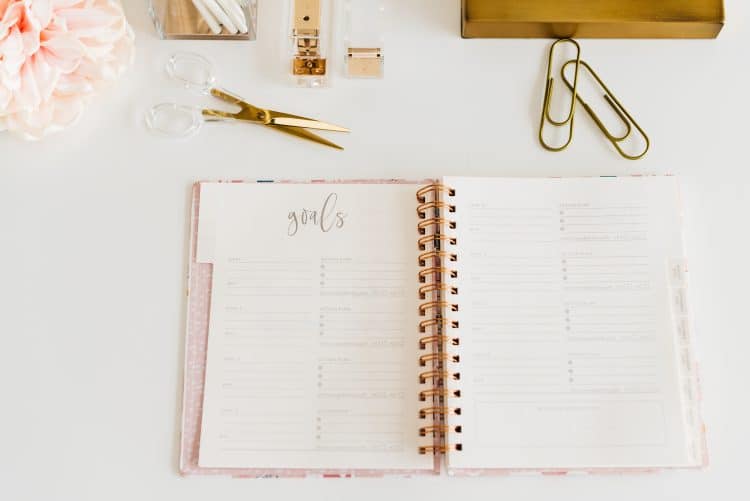

 Get mental health tips straight to your inbox
Get mental health tips straight to your inbox








